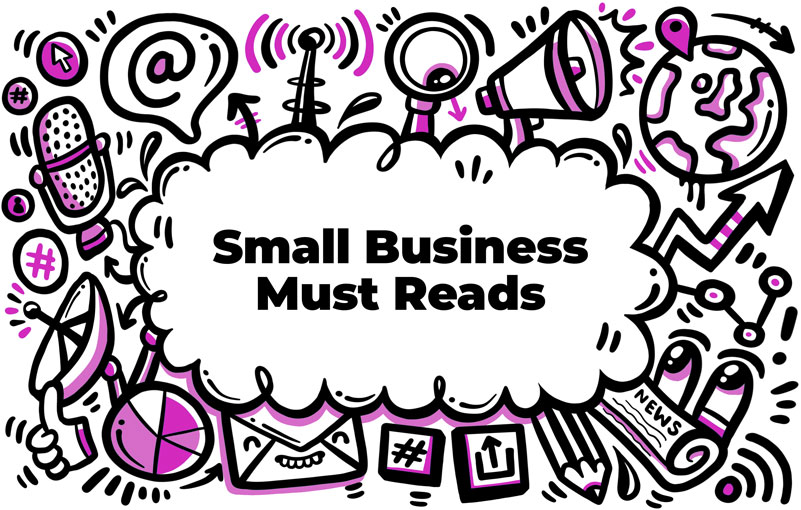Understanding the Importance of Website Security for Small Businesses
In today’s digital age, a small business’s website is often its most valuable asset. It serves as the face of the company and is a critical tool for engaging with customers, promoting products and services, and driving revenue. However, the increasing reliance on the internet has also brought with it a rise in cyber threats and hacks, putting small businesses at risk. Protecting your website from cyber-attacks is essential to maintaining your company’s reputation, safeguarding sensitive information, and ensuring the continuity of your business operations.
Implement Robust Password Policies and Two-Factor Authentication
Implementing robust password policies is one of the simplest yet most effective ways to protect your small business website. Encourage the use of complex, unique passwords for all user accounts and change them regularly. Avoid using easily guessable passwords, such as names or birthdays, and instead opt for a combination of uppercase and lowercase letters, numbers, and special characters. Additionally, enable two-factor authentication (2FA) whenever possible, adding an extra layer of security to your login process.
Keep Software and Plugins Up to Date
Outdated software and plugins are common vulnerabilities exploited by hackers. To reduce the risk of cyber-attacks, ensure that you use the latest versions of your website’s content management system (CMS), themes, and plugins. Regularly check for updates and install them promptly to fix any security issues or vulnerabilities. Also, remove any plugins or themes that are no longer in use or unsupported, as they can pose a security risk.
Secure Your Website with SSL Encryption
Secure Sockets Layer (SSL) encryption is necessary for any small business website. SSL ensures that all data transmitted between your website and your visitors is encrypted, making it more difficult for hackers to intercept sensitive information like login credentials or payment details. If your website does not have an SSL certificate, browsers may display a warning to users that your site is not secure, potentially driving away customers. Obtain and install an SSL certificate to show your commitment to website security and build trust with your visitors.
Regularly Monitor and Scan Your Website for Vulnerabilities
Continuous monitoring and scanning of your website can help identify potential vulnerabilities before they become a problem. Invest in security tools regularly, scanning your website for malware, vulnerabilities, and other threats. These tools can notify you of any issues, allowing you to address them quickly and minimise the risk of a cyber attack. Additionally, consider hiring a professional security expert to conduct periodic penetration tests and identify any weaknesses in your website’s security.
Backup Your Website Data Regularly
Regular data backups are essential for a speedy recovery if your small business website is hacked. Schedule automatic backups of your website’s files and databases, storing them in a secure, offsite location. This will ensure that you can quickly restore your website to its previous state if it becomes compromised, minimising downtime and the potential loss of revenue.
Train Your Employees on Cybersecurity Best Practices
Your employees are crucial in maintaining your small business website’s security. Provide regular training on cybersecurity best practices, including recognising phishing emails, the importance of strong passwords, and safe browsing habits. Empower your employees to take responsibility for their actions online and create a culture of security awareness within your organisation.
Limit User Access and Implement Role-Based Permissions
Not every employee or user requires access to all parts of your website. Limiting user access and implementing role-based permissions can help minimise the risk of accidental or intentional security breaches. Assign each user a specific role with the appropriate level of access based on their job responsibilities. This ensures that sensitive information and administrative functions are only accessible to those requiring it.
Implement a Web Application Firewall (WAF)
A Web Application Firewall (WAF) is a protective barrier between your website and the internet, filtering out malicious traffic and preventing attacks before they reach your site. A WAF can detect and block common cyber threats, such as SQL injection, cross-site scripting (XSS), and Distributed Denial of Service (DDoS) attacks. Implementing a WAF adds an essential layer of security to your small business website, helping to keep hackers at bay.
Act Quickly in the Event of a Security Breach
Despite your best efforts, it’s always possible that your small business website may fall victim to a cyber attack. In such cases, acting quickly to minimise the damage and protect your customers’ information is crucial. Develop a comprehensive incident response plan outlining the steps to take during a security breach. This plan should include identifying the source of the breach, containing the damage, notifying affected parties, and restoring your website to a secure state.
In conclusion, protecting your small business website from cyber threats and hacks is an ongoing process that requires a combination of technological solutions and proactive measures. By implementing robust password policies, keeping software and plugins up to date, securing your website with SSL encryption, and regularly monitoring and scanning for vulnerabilities, you can significantly reduce your risk of falling victim to a cyber attack. Additionally, training your employees, limiting user access, and being prepared to act quickly in the event of a breach will further safeguard your online presence and ensure the continued success of your small business.



